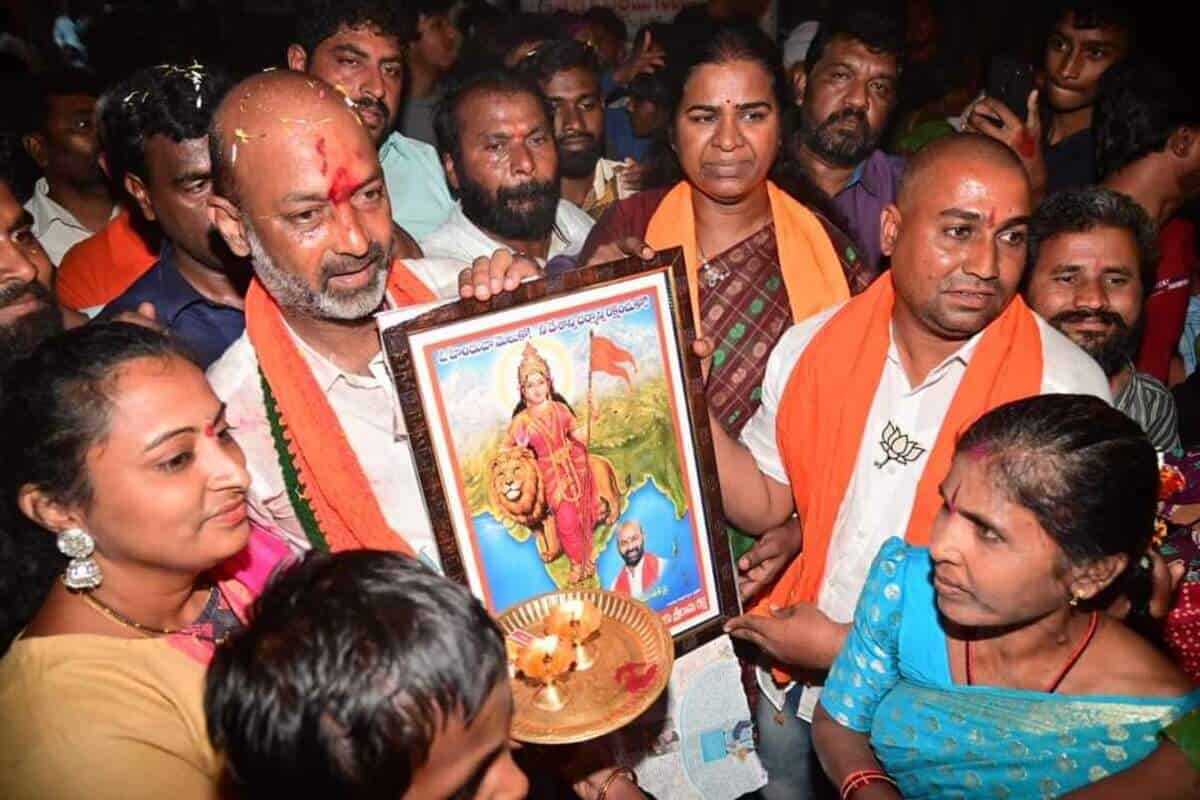
Hyderabad: The introduction of a Private Members Bill on the Uniform Civil Code (UCC) in the Rajya Sabha by a BJP MP and several BJP-ruled states announcing their intention to implement the UCC have brought the controversial issue to the centre stage of politics.
The UCC has been one of the three key issues on the BJP’s agenda since its inception. After its success in building the Ram temple at Ayodhya and scrapping Article 370, the saffron party now has its eyes set on the third goal.
Whether the country will ultimately agree to a UCC given the vast diversity of religious, ethnic, regional and linguistic groups across the states and their practices is debatable but political observers say the BJP clearly senses the huge electoral benefits it can derive from the highly emotive issue.
With elections in several states due next year followed by general elections in 2024, the BJP is likely to go all out to capitalise on the polarising issue.
Uttarakhand was the first state to set up a panel to explore the possibility of a UCC in the state. Madhya Pradesh too announced that a committee would be constituted to implement the UCC in the state.
The BJP had made the UCC a part of its manifesto in Himachal Pradesh but the party failed to win. In Gujarat, where the BJP retained power with a record majority, the government is likely to initiate steps towards the UCC as promised a few months ago.
In Telangana where the Assembly elections are due towards the end of 2023, the BJP is likely to use the controversial issue for polarisation.
In a state where the BJP leaders see a realistic chance of the party capturing power, they will seize the opportunity for communal polarization.
“The BJP may use the emotive issue to build a narrative and thus consolidate itself in pockets where it is considered strong,” says political analyst P. Raghavendra Reddy.
“The kind of rhetoric state BJP president Bandi Sanjay indulges in, it will not be surprising if the party decides to make it a key issue in the elections,” he averred.
Bandi Sanjay had hailed Uttarakhand Chief Minister Pushkar Singh Dhami for promising to implement the Uniform Civil Code once he was re-elected. Sanjay, who’s also an MP, had stated that undeterred by vote bank politics, the Uttarakhand CM has taken the BJP’s campaign beyond electoral politics and demonstrated his ‘nation first’ conviction.
“I am sure that this much needed and awaited reform, once started from Devbhoomi will spread all across the country,” he had said.
During his Praja Sangram Yatra, Sanjay has been raising several controversial issues, in a clear strategy for polarisation. The BJP leader, who completed the fifth phase of his walkathon on December 15, is likely to rake up the issue in the subsequent phases. He has already sparked a row with his comments on a few other issues.
The BJP leader demanded digging work at all mosques, saying there was a possibility of finding Shiva Lingams underneath. He also stated that if the BJP comes to power in Telangana, it will abolish all madrasas, do away with reservation for Muslims, and remove Urdu as the second official language.
Sanjay has been delivering provocative speeches, projecting himself as the champion of the rights of Hindus. He repeatedly mentions in his speeches that Hindus constitute 80 per cent of the population.
The Bharat Rashtriya Samithi (BRS), earlier the Telangana Rashtra Samithi (TRS), is likely to take a clear stand against the UCC. In the past, the party had opposed any move to bring a UCC.
As the party led by Chief Minister K. Chandrasekhar Rao enjoys the support of the Muslim community, it will be under pressure to speak out against the UCC.
The All India Majlis-e-Ittehadul Muslimeen (AIMIM), a key political force in the state and a party friendly with the BRS and other Muslim political and socio-religious groups, has been strongly opposing any move to bring a UCC.
In Andhra Pradesh, where Assembly elections are scheduled along with the Lok Sabha polls in 2024, the ruling YSR Congress Party (YSRCP) is likely to take a clear stand against the UCC.
The YSRCP, which claims to be enjoying the support of the minorities, may not take the risk of losing it by favouring a UCC.
Political analysts said since communal polarisation is unlikely in Andhra Pradesh, the BJP may not get any major benefit by raising the issue.
Though both the TRS and the YSRCP had supported the Bill banning triple talaq and some other controversial legislation in Parliament, they are not likely to risk losing the support of the minorities by backing the UCC.



